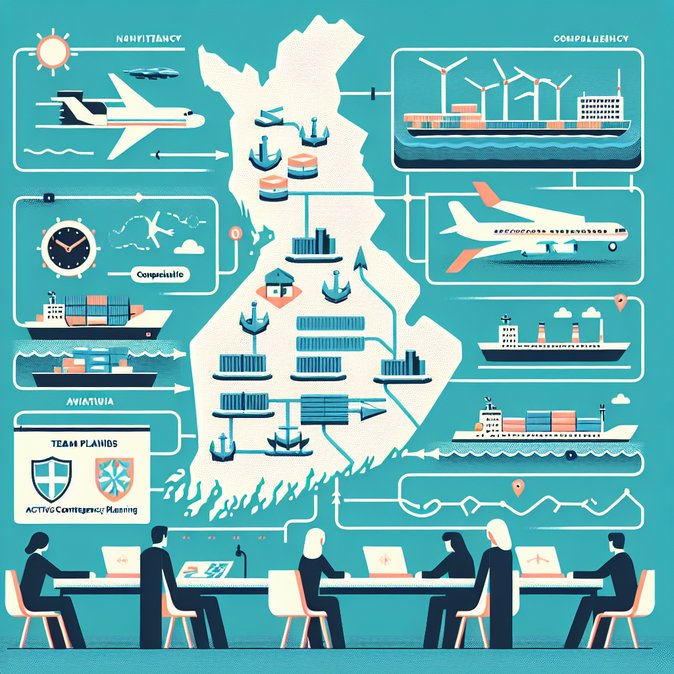
A fresh travel advisory circulated on 22 November reiterates that all eight passenger checkpoints along Finland’s 1,340-kilometre frontier with Russia remain shut, nearly two years after the initial closure in December 2023. The notice references emergency legislation renewed by the Finnish Parliament in June 2025 that empowers border guards to refuse asylum applications and to keep the crossing points sealed indefinitely in response to what Helsinki calls “instrumentalised migration.”
The continued shutdown has significant mobility repercussions. Cross-border road freight now detours via Baltic Sea ferries through Tallinn or Stockholm, adding days to lead times and inflating costs for companies moving heavy machinery or project cargo into north-west Russia. Visa-holding travellers, including commuter workers and dual-national families, must enter Finland by air or sea; carriers have been instructed to deny boarding to passengers ticketed to land crossings.
![Travel Advisory Confirms Finland’s Land Border With Russia Remains Fully Closed]()
Prime Minister Petteri Orpo has hinted that the border could reopen if Russia halts facilitation of undocumented crossings, but officials concede no timeline is on the table. Winter conditions complicate any sudden reversal: infrastructure has been mothballed and personnel redeployed to maritime and airport posts. Corporates with staff near the eastern frontier are advised to maintain contingency transport contracts and confirm emergency-leave provisions for employees with family ties in Russia.
The Finnish case is being watched closely across the EU as member states debate tougher responses to hybrid-migration tactics. Companies with pan-European footprints should note that Finland’s precedent may influence future Schengen-wide border policy, potentially affecting long-term assignment planning and relocation cost structures.
The continued shutdown has significant mobility repercussions. Cross-border road freight now detours via Baltic Sea ferries through Tallinn or Stockholm, adding days to lead times and inflating costs for companies moving heavy machinery or project cargo into north-west Russia. Visa-holding travellers, including commuter workers and dual-national families, must enter Finland by air or sea; carriers have been instructed to deny boarding to passengers ticketed to land crossings.

Prime Minister Petteri Orpo has hinted that the border could reopen if Russia halts facilitation of undocumented crossings, but officials concede no timeline is on the table. Winter conditions complicate any sudden reversal: infrastructure has been mothballed and personnel redeployed to maritime and airport posts. Corporates with staff near the eastern frontier are advised to maintain contingency transport contracts and confirm emergency-leave provisions for employees with family ties in Russia.
The Finnish case is being watched closely across the EU as member states debate tougher responses to hybrid-migration tactics. Companies with pan-European footprints should note that Finland’s precedent may influence future Schengen-wide border policy, potentially affecting long-term assignment planning and relocation cost structures.


